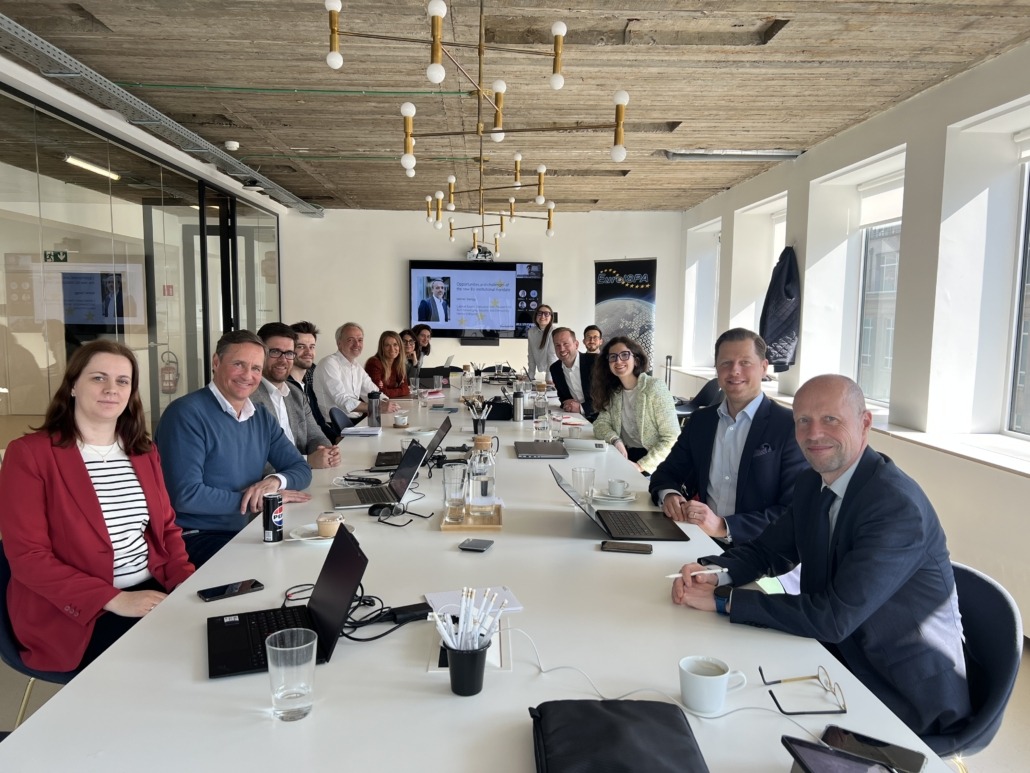Piracy Shield: A flawed approach in the fight against online piracy
ISPs understand the need to protect copyright and fight piracy. However, it is critical that the administrative, legal and technical systems deployed to achieve this shared goal are proportionate, efficient, non-discriminatory and not harmful to the proper functioning of the Internet network.
Italy was one of the first EU Member States to be equipped with a filtering platform, called “Piracy Shield”, whose primary objective is to tackle online piracy related to live broadcast sporting events. It was introduced by Law No. 93 of 2023, amended by the so-called Omnibus Decree (DL no. 113 of 9 August 2024) and completed by two AGCOM resolutions that better detail its functioning.
In a nutshell, Piracy Shield is an asynchronous platform designed to allow copyright holders (so-called flaggers) to quickly report domains or IP addresses hosting pirated content. Upon receiving the report on the portal, AGCOM can order Italian ISPs to block access to the sites involved within a maximum of 30 minutes.
Leaving aside the fact that this sort of “mega-firewall” is easily bypassed by means of VPN or by switching from a private DNS to a public DNS, and that it entails considerable costs for ISPs, it goes without saying that, from the very beginning, its functioning has revealed many limitations and criticalities, which have been exacerbated by the recent change in the law:
• there is a high risk of affecting lawful resources, since AGCOM can order the blocking of IP addresses that are predominantly (and not uniquely, as originally intended) used for unlawful activities;
• filtering obligations are potentially unlimited, after the legislator intervened to remove the filtering limits on IP/FQDN addresses agreed between the NRA and the operators during the technical tables;
• ISPs are found to perform filtering and tasks that collide with individual freedoms. This is contrary to European legislation that qualifies fundamental ISPs services as mere-conduit and therefore exempt them from liability. On the contrary, in Italy criminal liability has been expressly established for ISPs;
• marked asymmetry between the blocking procedures that must be carried out in a timely manner and total uncertainty as to the timing for unblocking: Uncertainty that disproportionately affects small operators or foreign providers who – not always being aware of the EU Member State’s regulatory framework – have difficulty enforcing their rights.
While we are witnessing initiatives that aim at combating piracy, it is useful to remember that any system activated at national level has strong impacts outside the borders, as content and resources located in third countries are filtered. In addition, a massive multiplication of asynchronous platforms would pose threats and create vulnerabilities to the proper functioning of the Internet, as intervening with potentially unlimited filtering creates high collateral damage even greater than the social benefit of combating piracy.
There are better tools to fight piracy, including criminal Law, cooperation between States, and digital solutions that downgrade the quality of the signal broadcast via illegal streaming websites or IPtv. European ISPs are ready to play their part in the battle against piracy, but the solution certainly does not lie in filtering and blocking IP addresses.

Dalia Coffetti
EuroISPA Board Member and Head of Regulatory and EU Affairs of AIIP – Association of Italian Internet Providers




